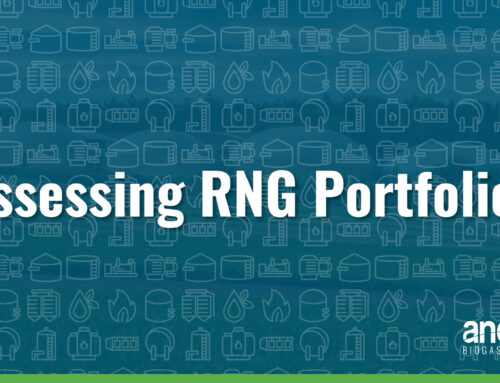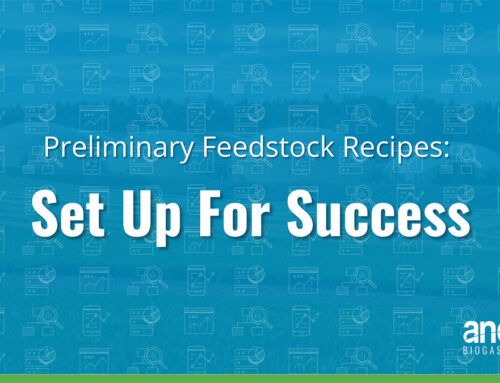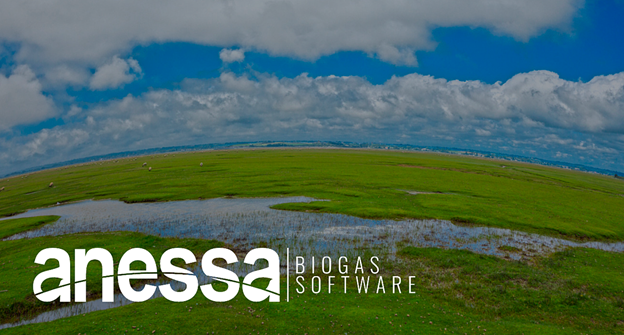
Hello !
The anessa team is constantly working towards improving your experience. Many digesters run at a lower efficiency, simply due to preventable marginal errors. At anessa, we have a commitment to furthering growth in the biogas industry, and we are happy to do so by sharing some knowledge.
Do you suspect that you are leaving profit on the table? Are you concerned about the effects that changes can have on your digester? anessa is happy to share 5 tips to ensure that your digester is running optimally.
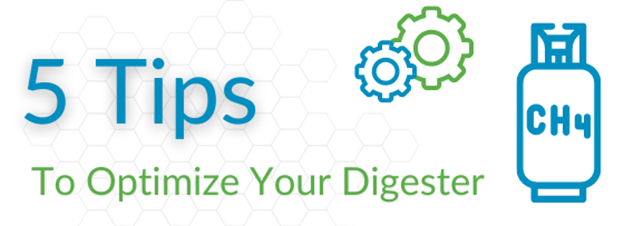
Prevent Costly Digester Failures and Increase Your Profit
Optimization is a challenging task with many different definitions for a wide range of projects. Luckily, anessa has you covered. Senior Process Manager, Dr. Farid Sayedin, has some tips to keep you on track with production goals while optimizing your profitability:
- Closely monitor your Carbon to Nitrogen Ratio
- The optimal range for bacteria performance is generally 25-30:1
- Explore new ideas while minimizing your risk
- Before spending on biological supplements or new technologies, explore their potential return on your operation by modelling their effect
- Stay proactive when changing feedstocks
- Small changes can make a big impact on production values–make sure to assess differences before they happen
- Keep a close eye on the recipe
- Remember, feedstocks with higher potential don’t always equal higher revenue
- Stay within your digester’s Total Solids range
Each digester is created for a specific range of total solids; going outside this range can lead to costly digester failures
Learn How Our Solutions Can Work For You:
anessa on Feedstock Quality
The Biomass Quality Network Canada (BQNC) hosted their Annual Agricultural Biomass Conference on February 9th. Dr. Farough Motasemi, Chief Technical Officer of anessa, was invited to share his expertise and industry knowledge at the conference.
anessa would like to extend our gratitude towards BQNC for holding such an insightful event for the industry.
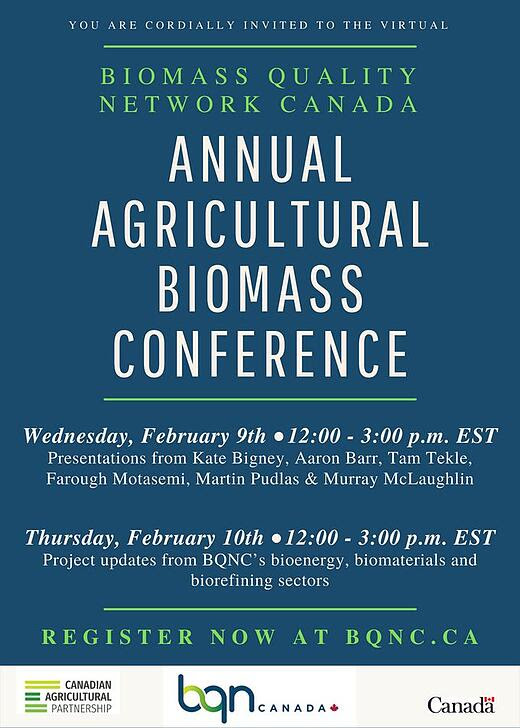
During the conference, Dr. Motasemi discussed the impact of feedstock quality and the role of data analytics in biogas project development and biogas plant optimization. Risk and uncertainties around feedstock were investigated and how they can impact the economic viability of the project, as well as the production capacity of the plant. The challenges around biogas and digestate analysis were reviewed, along with the impact of feedstock quality and quantity on the variation of biogas and digestate production. Finally, stress testing was introduced as a useful method for statistical analysis of variations.
Find us on LinkedIn:

Ana Turčinović
Mechanical Engineer
Zagreb, Croatia
“Being able to generate recipes that were mapped to our optimization goal was impressive.”“anessa’s AD•O platform and supporting services provided clear direction and clarity on how to best approach the optimization of anaerobic digestion biogas plants. The clean design and intuitive nature of the software made it possible to quickly develop proficiency. I was able to take full advantage of the available features to predict the future state of a biogas plant and generate reports that suited our needs perfectly. Tables were used to carefully review values and the graphically rich graphs and charts were excellent tools to share with our client. Being able to generate recipes that were mapped to our optimization goal was impressive. The support at anessa has been amazing. Our firm benefited tremendously by taking advantage of the available support provided by the Biogas Engineering and Customer Service teams.” |


